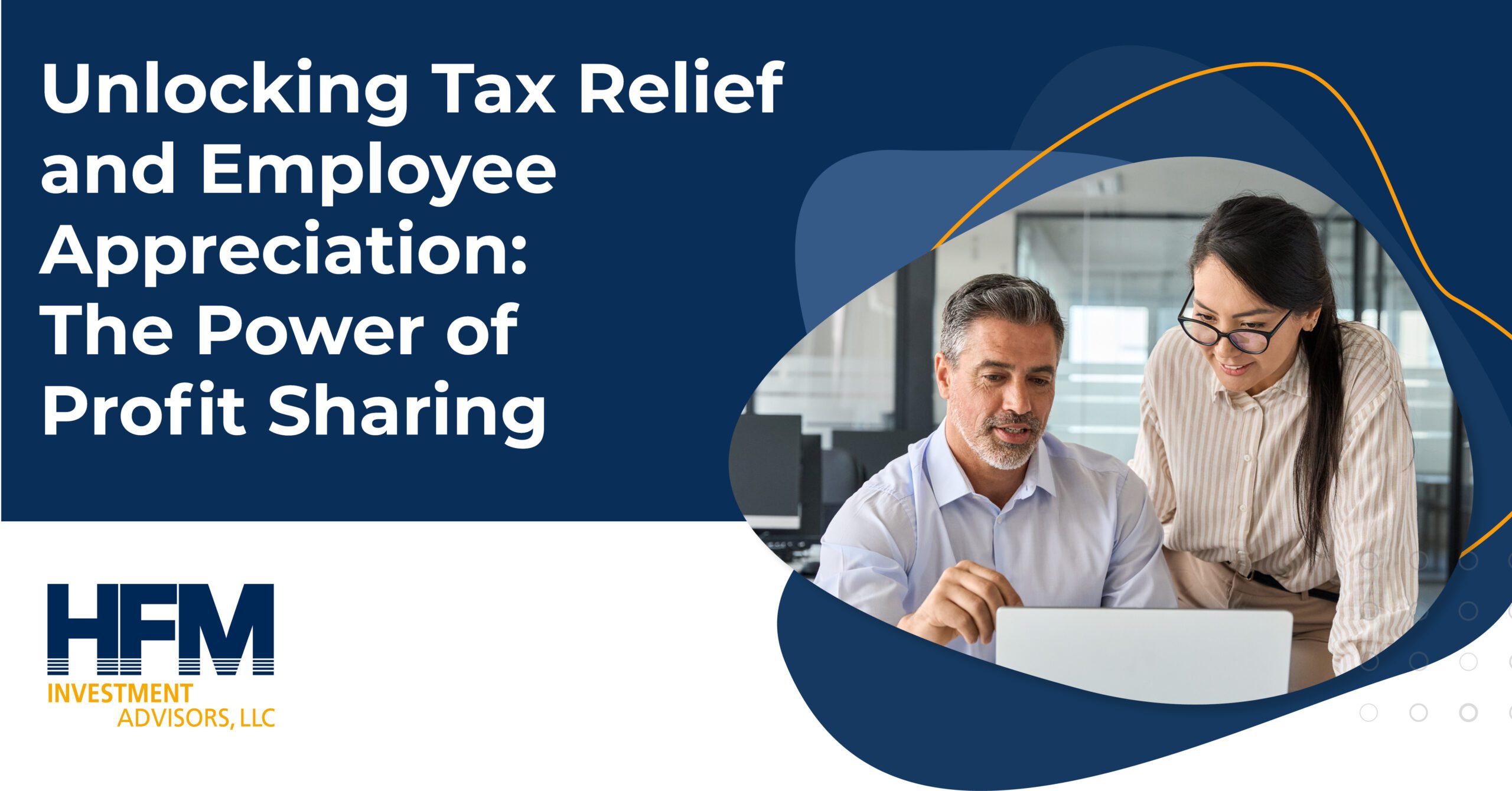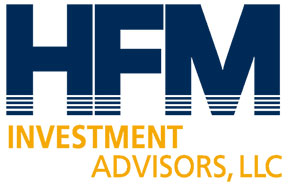
Unlocking Tax Relief and Employee Appreciation: The Power of Profit Sharing
Profit sharing is not just a tool to reduce your company’s tax liability; it is also a powerful means of expressing gratitude towards your employees.
As we close the books on last year, employers often find themselves looking for ways to lower their impending tax bills. At the same time, companies are trying to retain and reward top talent. Is there a strategy that accomplishes both? Absolutely, and it’s known as profit sharing. This tax-efficient strategy can serve as a power tool for expressing employee appreciation and has the potential to improve morale, engagement, and loyalty.
The Power of Profit Sharing
When a company makes a profit sharing contribution, it directly reduces its taxable income. This step can result in substantial tax savings, especially for closely-held businesses where the owner is also the largest shareholder such as LLCs, PLLCs, S-Corps, and Sole Proprietors.
Profit sharing is not a one-size-fits-all approach. The amount contributed can vary from year to year, offering flexibility, based on the company’s performance. This means that in profitable years, you can choose to contribute more, while during leaner years, you can reduce the amount.
Aligning Profit Sharing with Company Goals
The vesting schedule of the profit sharing contribution is another critical aspect that aligns with company goals. There are three primary types of vesting schedules: immediate, graded, and cliff vesting.
- Immediate vesting means the employee owns the employer contributions right away.
- Graded vesting gradually increases the employee’s ownership of employer contributions over a set number of years, such as 20% vesting per year for five years.
- Cliff vesting allows the employee to gain complete ownership after a specific period of service, like 0% in year 1 and 2, then 100% after 3 years.
Thoughtfully selecting the vesting schedule should encourage employees to stay with the company longer, reducing turnover, and boosting organizational stability. However, vesting schedules are dictated by your plan document. Consult with your TPA for specifics. Additionally, a retirement plan advisor can be instrumental in these discussions, helping to navigate the complexities of vesting schedules, and align them with your company’s objectives.
What if an Employee Leaves Early?
A common concern is what happens if an employee leaves before they are fully vested. The unvested portion of the employer contributions goes into a forfeiture account. These funds can be recycled to pay for future employer contributions and/or plan expenses, without creating additional tax liabilities for the employer.
This mechanism ensures that your company does not lose out if an employee decides to leave early. Instead, these funds can be utilized to further enhance the retirement benefits of your remaining employees.
Looking Ahead
If your current vesting schedule doesn’t resonate with your company’s goals, it’s worth discussing and potentially revising later in the year. By planning ahead, you can ensure that next year’s profit sharing contributions are structured to optimally meet your company’s objectives and your employees’ needs. A retirement plan advisor can play a key role in these forward-looking conversations, providing strategic insights.
A Winning Combination
Just like the classic combination of peanut butter and jelly, profit sharing contributions present a unique opportunity for companies to lower their tax liabilities while simultaneously expressing appreciation for their employees. It serves as a reminder that when the company succeeds, everyone shares in the success. This powerful message can significantly contribute to building a loyal, engaged, and motivated workforce.
As a 401(k) plan fiduciary, your actions can profoundly impact your employees’ financial futures. By exploring and implementing strategies like profit sharing, you can play a pivotal role in boosting their retirement readiness while simultaneously working toward your company’s financial and strategic goals. A retirement plan advisor can provide valuable guidance on profit sharing strategies.
About Your New Jersey Retirement Advisors
We believe that everyone should have the tools and resources necessary to build retirement wealth successfully. At HFM Investment Advisors, we are passionate about:
- Offering fiduciary training and defending against plan risks.
- Empowering your employees to save and better prepare for their future.
- Building effective retirement plans and investment strategies tailored to your specific goals.
As your 401(k) specialists, We take the time to understand your goals and are not afraid to dedicate the time, energy and resources needed to exceed your expectations. Talk to a 401(k) Expert.
856-232-2270
401kteam@hfmadvisors.com
102 West High Street Suite 200, Glassboro, New Jersey 08028
HFM Investment Advisors, LLC is a registered investment adviser. The information presented is for educational purposes only and does not intend to make an offer or solicitation for the sale or purchase of any specific securities, investments, or investment strategies. All investments involve risk and there can be no guarantee of any future performance of any investment. Be sure to first consult with a qualified financial advisor and/or tax professional before implementing any strategy discussed herein. Past performance is not indicative of future performance.
This information was developed as a general guide to educate plan sponsors and is not intended as authoritative guidance or tax/legal advice. Each plan has unique requirements, and you should consult your attorney or tax advisor for guidance on your specific situation.
©401(k) Marketing, LLC. All rights reserved. Proprietary and confidential. Do not copy or distribute outside original intent.
